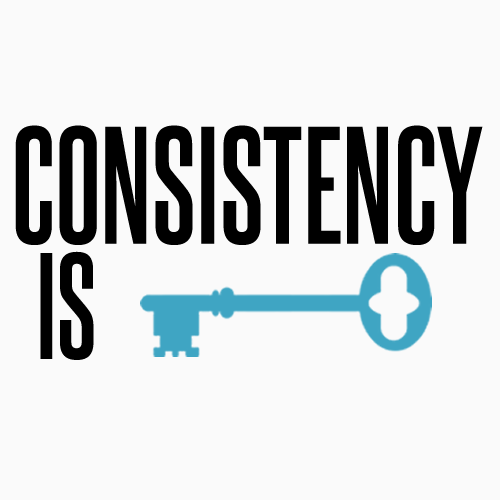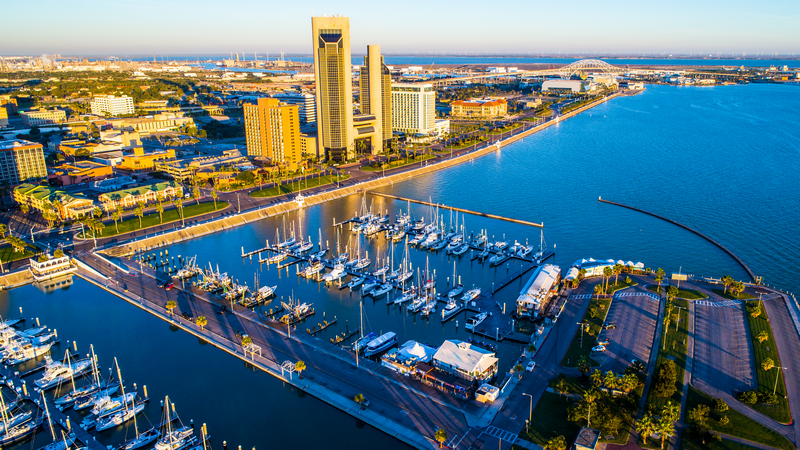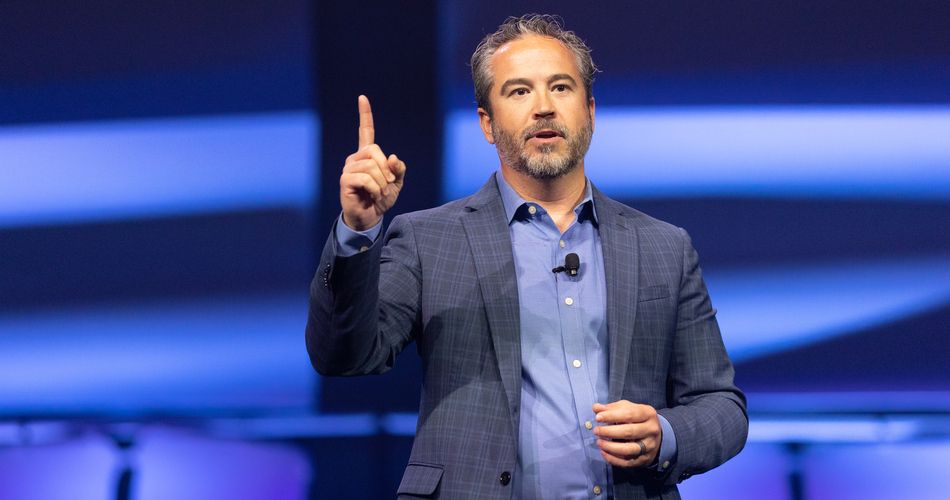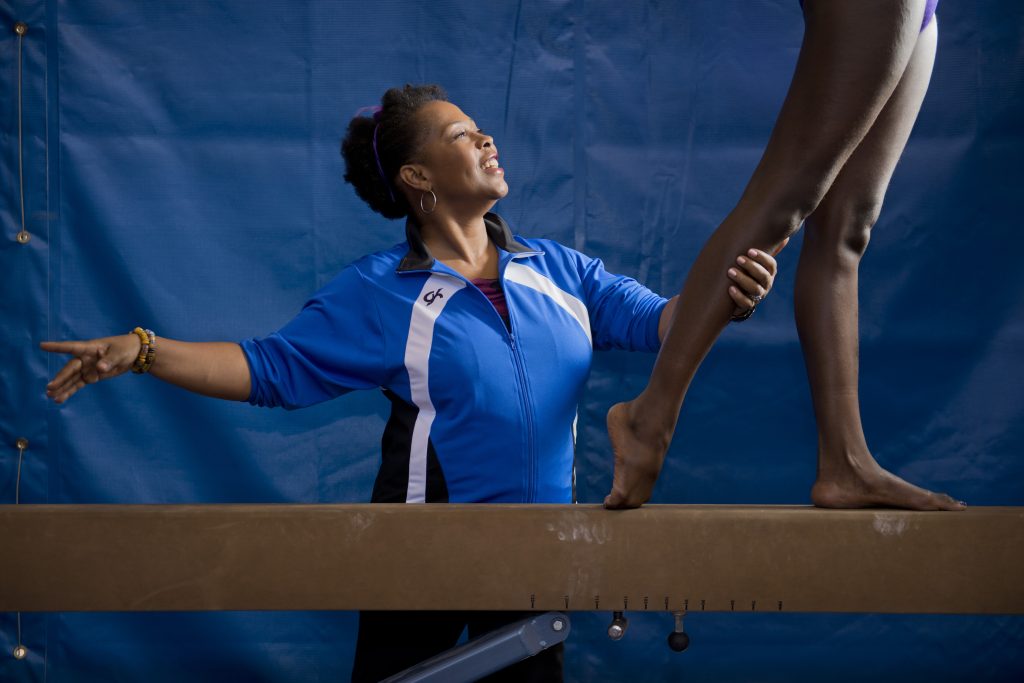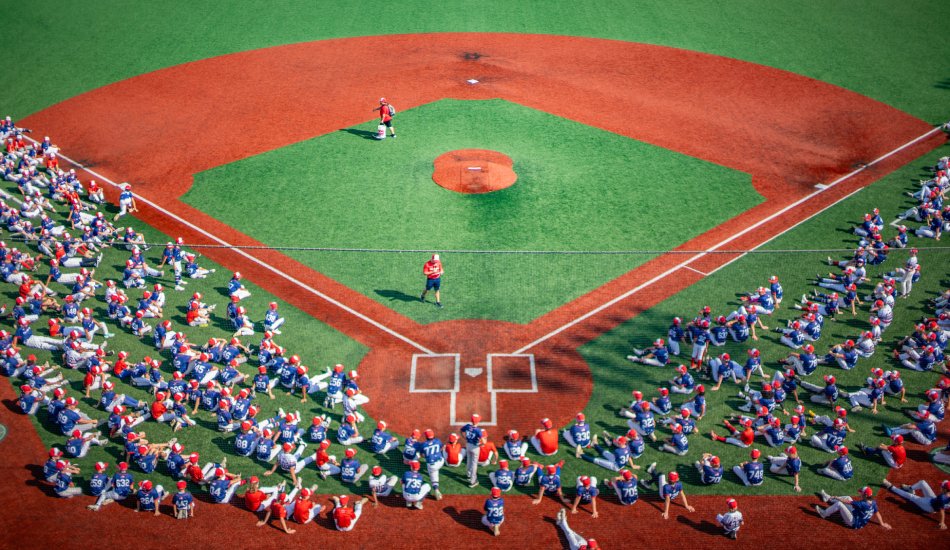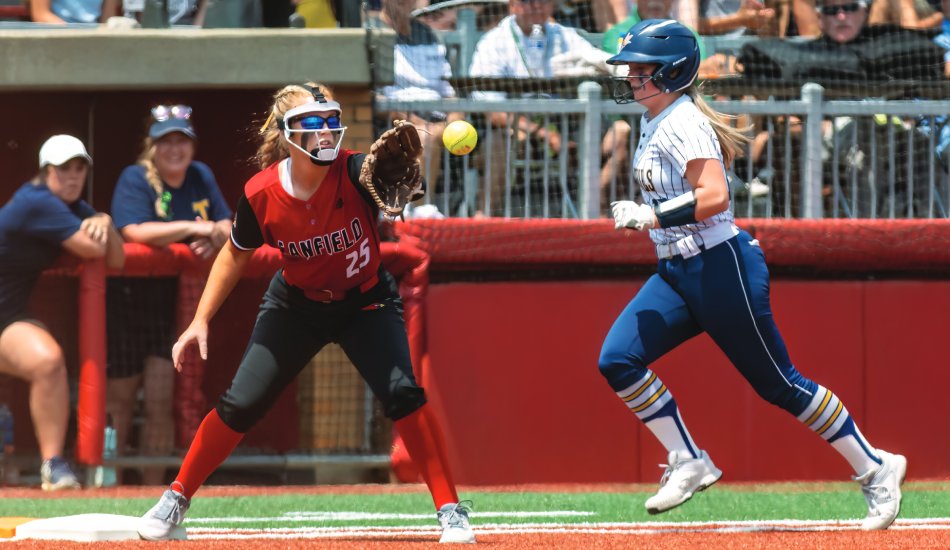In a few weeks, the Final Four will descend on our home town of Phoenix, Arizona. It will be the first time Arizona has hosted college basketball’s most important weekend. The event will also mark a long-awaited return of the Final Four to the West, the last time it was held in our region was 1995 in Seattle. While this is the first Final Four in the Copper State, it’s far from the first big event that has been held here.
The Greater Phoenix area has hosted three Superbowls, numerous college football championship games, two NBA Finals, a World Series, and multiple all-star games. Our state is consistently hosting major championship events, and the Final Four will complete a three-year run of Superbowl-CFP Championships Game-Final Four. A great run indeed, and it has been done in a rather unique way – we don’t have one unified group that bids and hosts these mega-events. Each event has its own leading group, its own Local Organizing Committee (LOC), and its own fundraising efforts. With all the other annual large events we have in the area (two NASCAR weekends, PGA and LPGA Tours, a major marathon, two NCAA Division I universities, two bowl games, and the presence of five top-tier professional teams), this one-off model seems to work for us. However, the rest of the country is seemingly headed in another direction, that of a permanent LOC to transition from one event to the next.
Over that past year, several cities have unified their hosting organizations to be able to carry over the knowledge and expertise from one event to the next. Here are some examples of how this has taken place…..
- Minneapolis – Meet Minneapolis, the DMO for the greater Twin Cities area, created a sports commission to help handle a run of mega events (like Phoenix, they too are hosting three major events in a row). After a financially challenging Senior Olympics there, Minneapolis realized that to be a consistently strong host community, a dedicated sports commission would be required.
- Detroit – Visit Detroit, which houses the Detroit Sports Commission, has formed a permanent LOC. This group will provide a unified method of support from one event to the next, be it football, golf, basketball, soccer, ice hockey, you name it. This LOC is off to a great start, and has several of the community’s top business leaders involved, including some that have a national presence in the sports marketplace.
- Atlanta – The Atlanta Sports Council, long one of the top sports commissions in the country, has formed a “Championship Hosting Division.” Atlanta is also in the midst of a major event run, so the need for a unified hosting group was deemed essential for success. According to the press release for this newly formed division, the group will “…focus on streamlining efficiencies for planning and producing major sporting events locally. The Championship Hosting Division is a collaborative model emphasizing continuity between organizations and individuals involved in the bid process all the way through the planning and execution phases of the sporting events.” Again, another way to unify the knowledge and resources to ensure a consistent hosting product for their events.
Since most of our readers are based in small to mid-sized markets, I can hear many of you saying, “Well those examples are nice, but those are major markets, this doesn’t apply to us.” To that I say, “Yes it does.” No matter the market size, a unified effort has some built-in advantages.
The benefits to these collaborative models is that the expertise, human and financial capital, can carry over for one year and one event to the next. Further, it is likely easier to fundraise through one unified governing structure rather than soliciting donors and sponsors against another organization or event in the community. The latter was one of the major challenges in the Senior Olympics issue noted above (they were trying to raise local dollars against a Superbowl host committee). Also, when there is a string of major events like we have had in Arizona, and there are three separate LOCs all out on the street traying to garner support, the competition can be fierce. A unified effort can prove to be more efficient and sustainable over the long haul.
So whether you are a small town in the rural Midwest, a suburb of a larger metro area, or a moderate sized beach community that is trying to host more events, a unified effort can deliver positive results. Take a cue from the large markets noted above, and adapt it to your situation. As in most sports, consistency is key, and a unified effort can deliver that to your community plus a whole lot more.
About the author:
Jon Schmieder is the Founder of the Huddle Up Group LLC, a consortium of three sports related 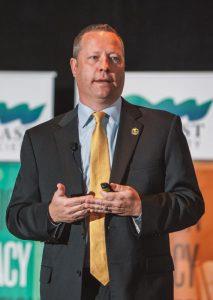
companies led by award winning executives. Schmieder has over 20 years of experience in leading sports tourism and events organizations through strategic growth and increased community collaboration. Huddle Up Group clients and partners include USA BMX, Detroit Sports Commission, Fort Worth Sports Marketing, Eugene Cascades & Coast Sports, Connect Sports, Veteran Tickets Foundation, Arizona Football Coaches Association, Evansville Sports Corp, Travel Medford, Des Moines CVB, Las Cruces CVB, Morgantown CVB, Monroe-West Monroe CVB, Visit Mississippi Gulf Coast, Hershey Harrisburg Sports & Events Authority, Hamilton County Sports Authority, Bryan College Station CVB, USA Volleyball, USA Badminton, the Association of Chief Executives of Sport (ACES), Visit Duluth, Delaware Sports Commission, Arlington CVB, and Visit Norman. The Huddle Up Group can be reached at Jon@HuddleUpGroup.com or 602.369.6955. To receive the weekly “Monday Huddle Up” sign up at https://tinyletter.com/JonSchmieder

